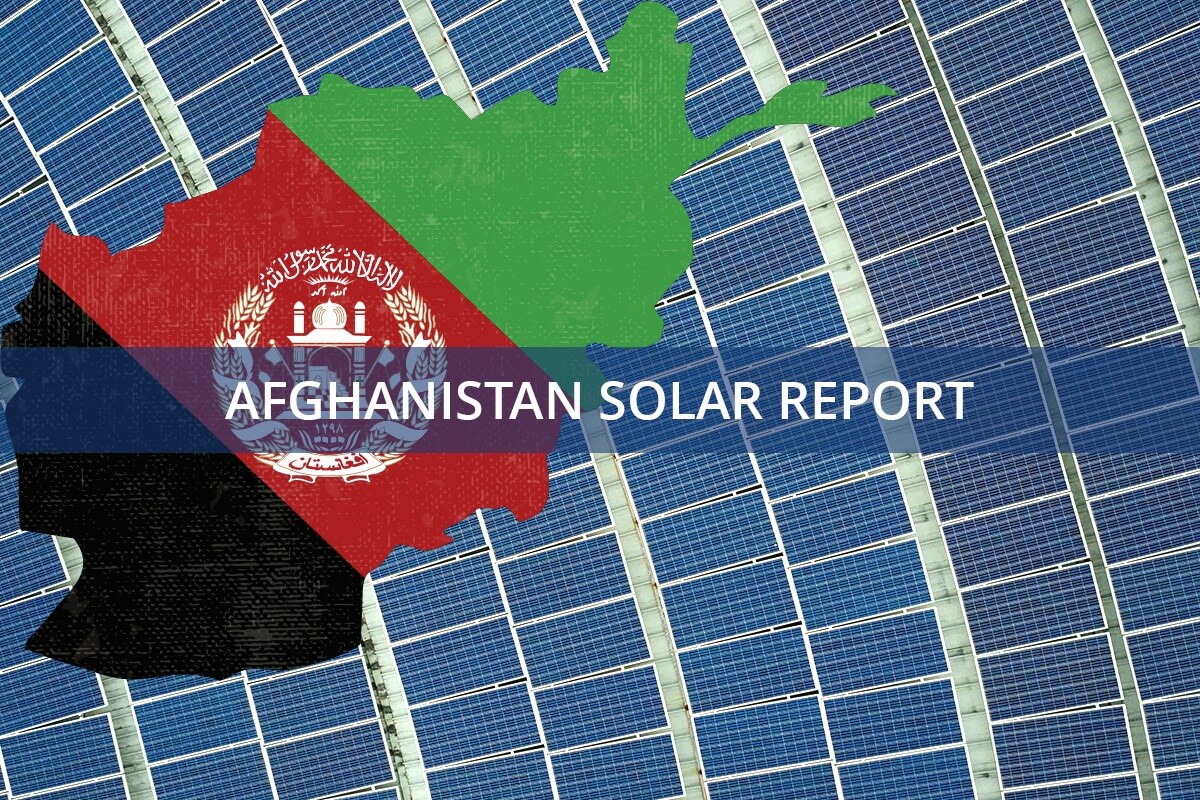Afghanistan is set to launch three solar projects valued at $25 million, providing clean energy to thousands of families. This initiative by the Ministry of Energy and Water signifies a major advancement in the country's renewable energy sector, promoting sustainable growth and economic development.
A New Dawn for Renewable Energy
For the first time, the Ministry of Energy and Water signed a six-year agreement with a domestic company to launch three major solar projects with an eight-megawatt capacity. These projects aim to electrify 5,000 families across three provinces: Farah, Uruzgan, and Paktika. This initiative signifies a major step forward in Afghanistan's renewable energy sector, which has been gaining momentum in recent years.
Afghanistan’s acting Minister of Energy and Water emphasized the importance of these solar energy projects, highlighting that they will produce over eight megawatts of electricity. This renewable energy boost is crucial for a country that has struggled with electricity production under previous governments. The success of these projects will lay the groundwork for further national development and environmental conservation.
One of the primary goals of the Afghanistan Solar Projects is to provide sustainable solar electricity to families. The clean energy generated will power 5,000 homes, significantly improving the quality of life for tens of thousands of men, women, and children. A reliable supply of electricity will enhance various aspects of life which include education, healthcare, and economic activities.
Expanding the Naghlu Dam Capacity
In addition to the new solar initiatives, the Ministry of Energy and Water plans to increase the capacity of the Naghlu dam. Currently providing 10 megawatts, the dam's capacity will be doubled to 20 megawatts to support Kabul's industrial sector and alleviate frequent electricity blackouts. This upgrade is a key component of Afghanistan's broader energy strategy aimed at stabilizing the power supply and reducing the impact of blackouts.
By enhancing the Naghlu dam's capacity, Kabul's electricity blackouts are expected to decline, improving the overall reliability of the power grid. This expansion aligns with the government's commitment to creating a stable energy infrastructure which is essential for industrial growth and economic development in the region.
Commitment to Transparency and Standards
Noorullah, the representative of the contracted company, assured the public of their dedication to completing the solar projects to international standards. This commitment to transparency and quality is vital for maintaining public trust and ensuring the success of future renewable energy projects in Afghanistan. The collaboration between the Ministry of Energy and Water and the local company sets a positive precedent for upcoming initiatives.
The Afghanistan Solar Projects are not solely focused on providing household electricity; they also aim to support industrial growth. By increasing the energy infrastructure's capacity, the government seeks to create a more stable power supply for industrial operations in Kabul. This initiative is expected to attract further investments and promote economic development, contributing to the country's overall growth.
Prospects for Renewable Energy in Afghanistan
The successful implementation of the solar projects this year paves the way for future renewable energy endeavors in Afghanistan. The Ministry of Energy and Water's budget prioritizes renewable energy projects, highlighting the potential for substantial improvements in solar and other clean energy forms in the coming years.
The Afghanistan Solar Projects represent a crucial shift towards renewable energy in the country. By integrating solar power and enhancing existing infrastructure such as the Naghlu dam, Afghanistan is making significant strides towards sustainability. These efforts are aimed at providing basic electricity to thousands of homes, fostering industrial growth, and improving the economic well-being of families across the nation.
The rise of renewable energy in Afghanistan holds promise for the country's future, offering a path to sustainability and resilience. As more solar projects are successfully implemented, Afghanistan's energy landscape will continue to evolve, benefiting its citizens and contributing to global environmental goals.



